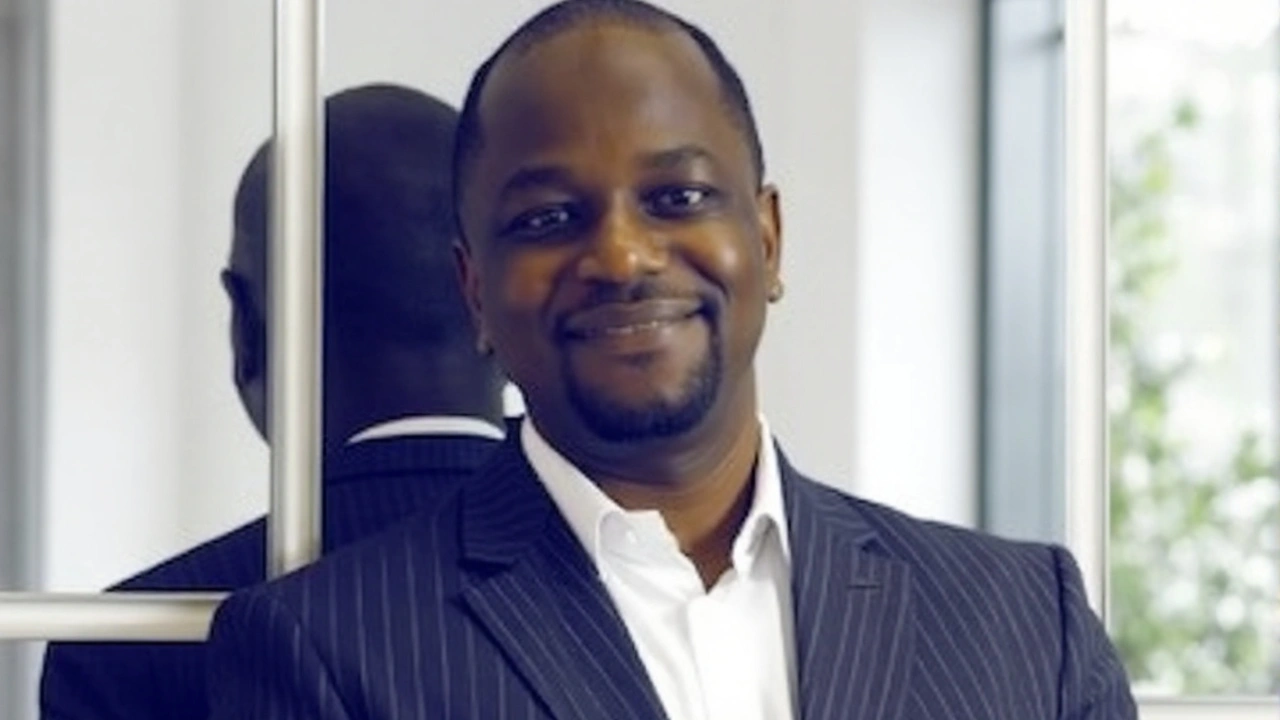Police invite raises stakes in Kaduna's tense political season
Four days. That’s how much time the Kaduna State Police gave a former governor and six party heavyweights to show up for questioning over alleged criminal conspiracy and public disorder. The invitation, dated September 4, 2025, deepens the political stand-off already gripping Kaduna.
The letter, signed by Deputy Commissioner of Police Uzairu Abdullahi of the Criminal Investigation Department, directs the African Democratic Congress (ADC) State Chairman to produce the seven men at the State Criminal Investigation Department on September 8. The command says it is probing a complaint from unnamed parties and wants the politicians to respond to detailed allegations.
The police listed allegations of criminal conspiracy, incitement of public disturbance, mischief, and causing grievous hurt. In plain terms, those cover planning or aiding wrongdoing, stirring unrest, damaging property, and injuring someone. No formal charges have been filed yet; this is an investigative step, not an automatic indictment.
The invitation names the following individuals:
- El-Rufai, former Kaduna State governor
- Bashir Sa’idu, former Chief of Staff
- Jafaru Sani
- Ubaidullah Mohammed (aka “30”)
- Nasiru Maikano
- Aminu Abita
- Ahmed Rufa’i Hussaini (aka “Mikiya”)
Police say the men should appear to clarify the complaint, which remains sealed from public view. That lack of disclosure—who complained, on what evidence—has fueled speculation and sharpened partisan reactions.
So what happens next? An invitation like this usually starts with statements under caution, the option to come with lawyers, and the collection of any relevant materials—messages, call records, or video evidence, if available. If the invitees attend and cooperate, the process can stay administrative for now. If they refuse to show up, police can escalate by seeking warrants or broader enforcement actions. None of that has happened yet.

Politics behind the summons—and what to watch
This move didn’t land in a vacuum. Kaduna politics has been running hot for months. The rivalry between the former governor and his successor, Governor Uba Sani, hardened after by-elections where allies of the former administration underperformed. Tensions spiked again last weekend when an ADC meeting in Kaduna—meant to inaugurate a transition committee—was broken up by thugs. That incident is now part of the wider narrative around this police probe.
There’s also the unresolved baggage from last year’s very public fallout over state finances. In 2024, the new administration said it inherited steep debts and a tough balance sheet. That fight spilled into the legislature, with lawmakers opening inquiries into loans and procurement under the previous government. Whether you see those steps as accountability or score-settling depends on your politics, but the aftershocks are still shaping today’s arena.
The ADC and several opposition voices say the latest police action is intimidation. Former Vice President Atiku Abubakar has accused the Federal Government of targeting opposition figures. That claim resonates with ADC supporters who see a pattern: electoral setbacks, disrupted meetings, and now criminal allegations. The Nigeria Police Force is a federal body, even when actions are taken by a state command, which is why critics quickly frame this as a national pressure play. The police, for their part, say they’re handling a complaint—standard procedure, nothing more.
For Kaduna residents, the practical concern is stability. Incitement and grievous-hurt allegations point to recent physical confrontations, not just heated speeches. Security agencies will try to prevent a repeat of last weekend’s clashes. Party leaders, if they want to lower the temperature, will need to keep rallies and meetings controlled and avoid any talk that can be read as a call to confront rivals in the streets.
There are a few immediate markers to watch before the September 8 appearance date:
- Will the police or the complainants release more specifics—locations, dates, or evidence tied to the alleged offenses?
- Do the seven men attend with legal teams and make public statements afterward?
- Does the command move from interviews to arrests or court filings, or does this stay in fact-finding mode?
- Are there parallel investigations into the disruption of the ADC transition committee meeting, including who organized the thugs and who paid for it?
Another angle: what this means for party alignments. Kaduna has long been a battleground for dominant blocs, and any sign that a former governor’s network is regrouping—or fracturing—matters. The ADC’s push to set up a transition committee suggests it’s trying to build structures fast, possibly for local contests and to position ahead of 2027. Disruptions at such meetings, if repeated, will slow that effort and raise the cost of organizing.
For the individuals named, the legal risk varies. If investigators tie incitement or injury to specific actions or commands, the case gets serious quickly. If the evidence points to spontaneous clashes with no clear link to them, the probe may stall. Either way, the optics are heavy: a police letter, a familiar list of politically exposed names, and a short deadline to report to CID.
Kaduna has seen political storms before. Institutions matter a lot in moments like this. Transparent policing—clear reasons, fair process, timely updates—can calm the waters. So can responsible political leadership: no dog whistles, no street justice. What happens on September 8 will tell us whether this is a narrow case built on a specific incident or the opening chapter of a longer, messier confrontation.
Until then, the message from the authorities is simple: show up, answer questions, and let the process run. The message from the opposition is just as blunt: this looks like a witch-hunt. The gap between those two views is where Kaduna’s next week will be decided.